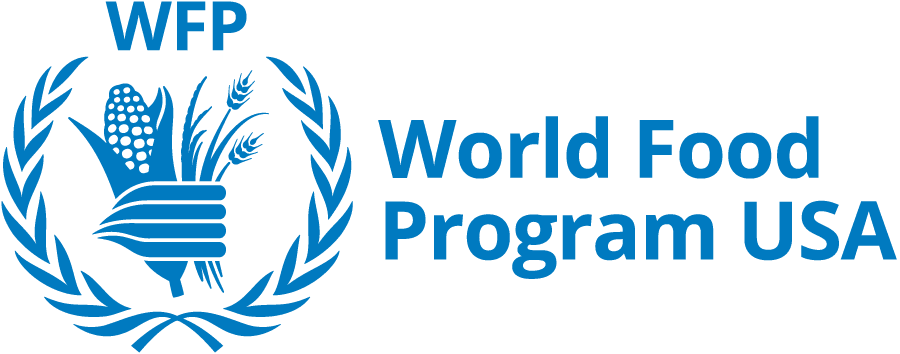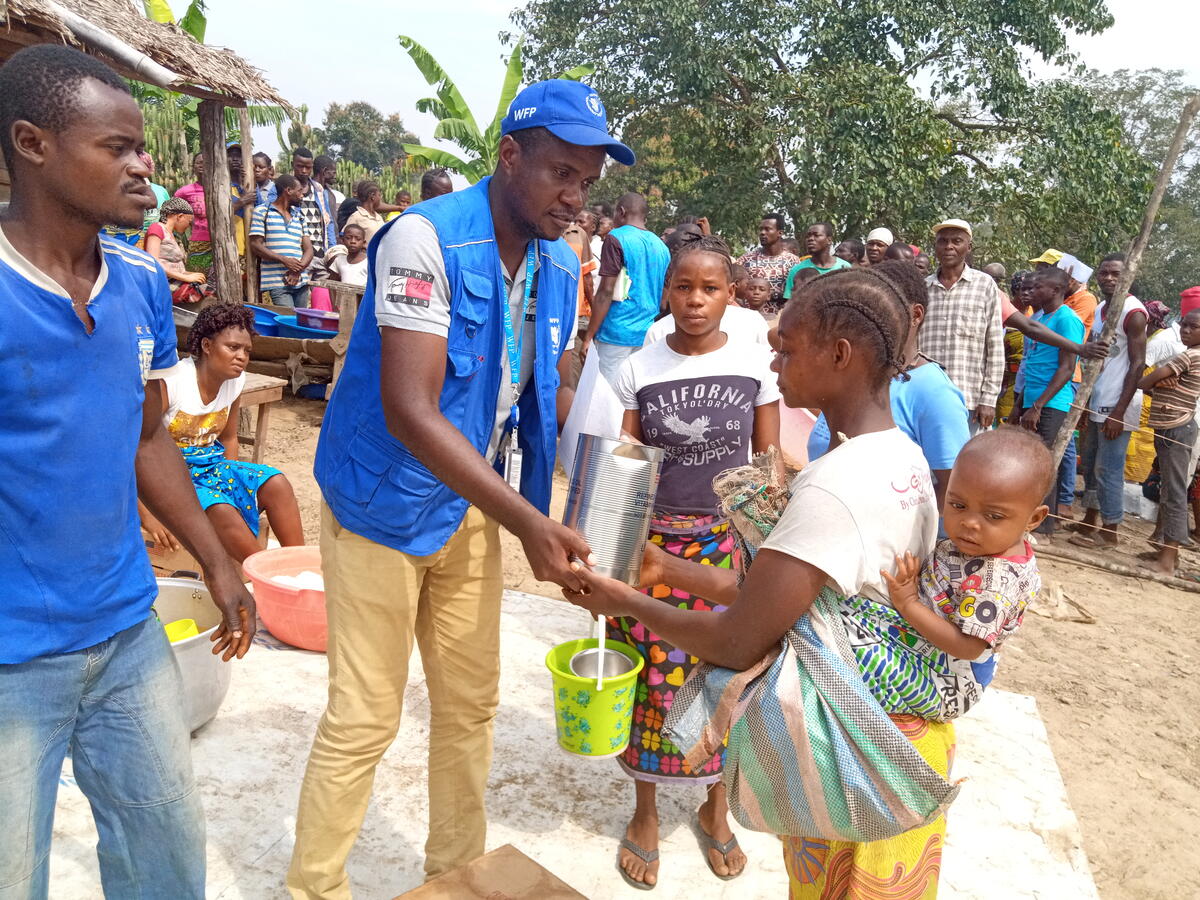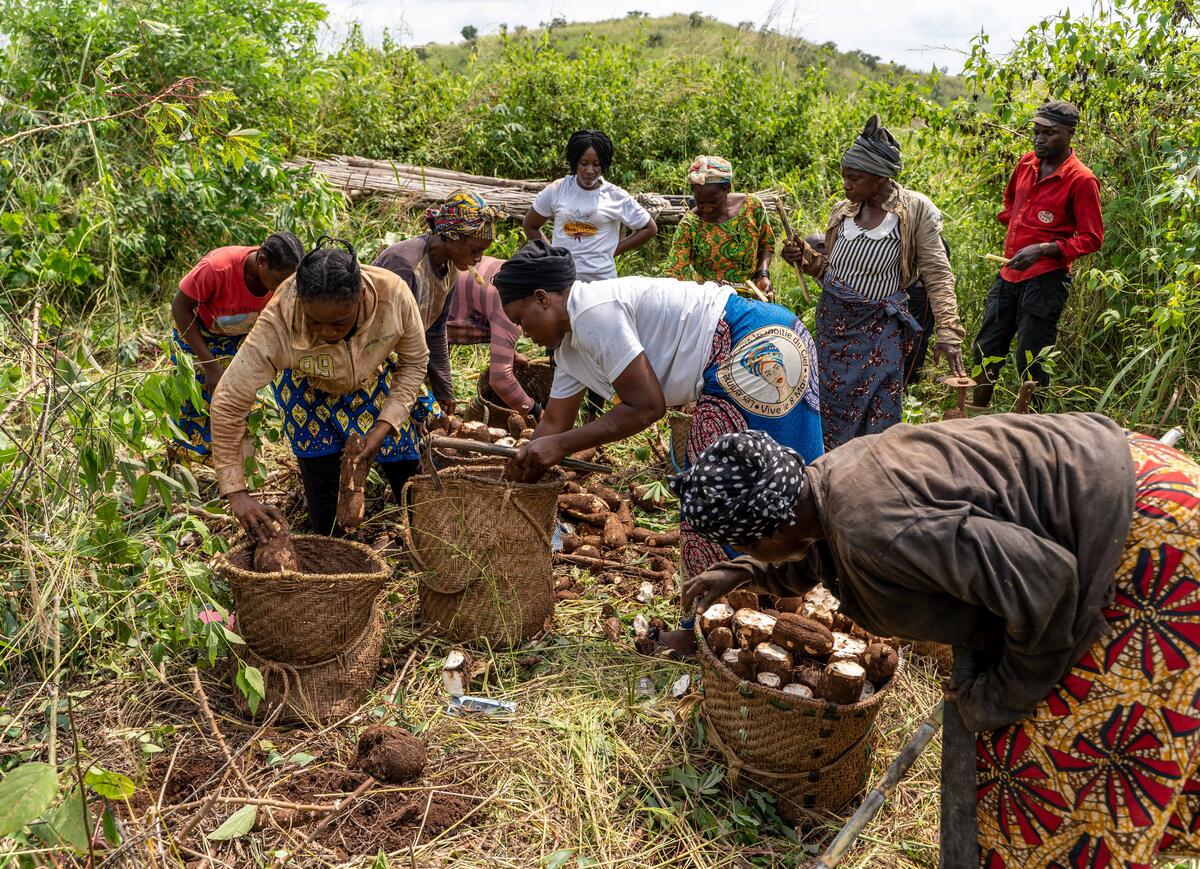Multiple Causes of Hunger
Poverty, inequality and conflict are increasing the levels of malnutrition, food insecurity and displacement as families leave their homes in search of safety, incomes and better futures.
Agriculture is largely limited to subsistence crops and the Congo relies extensively on food imports from overseas.
The Republic of Congo faces a burden of malnutrition among children under 5, with the 21% of children stunted.
You can make a difference. By understanding issues, learning how to civically engage, and joining the movement to end global hunger for good.







